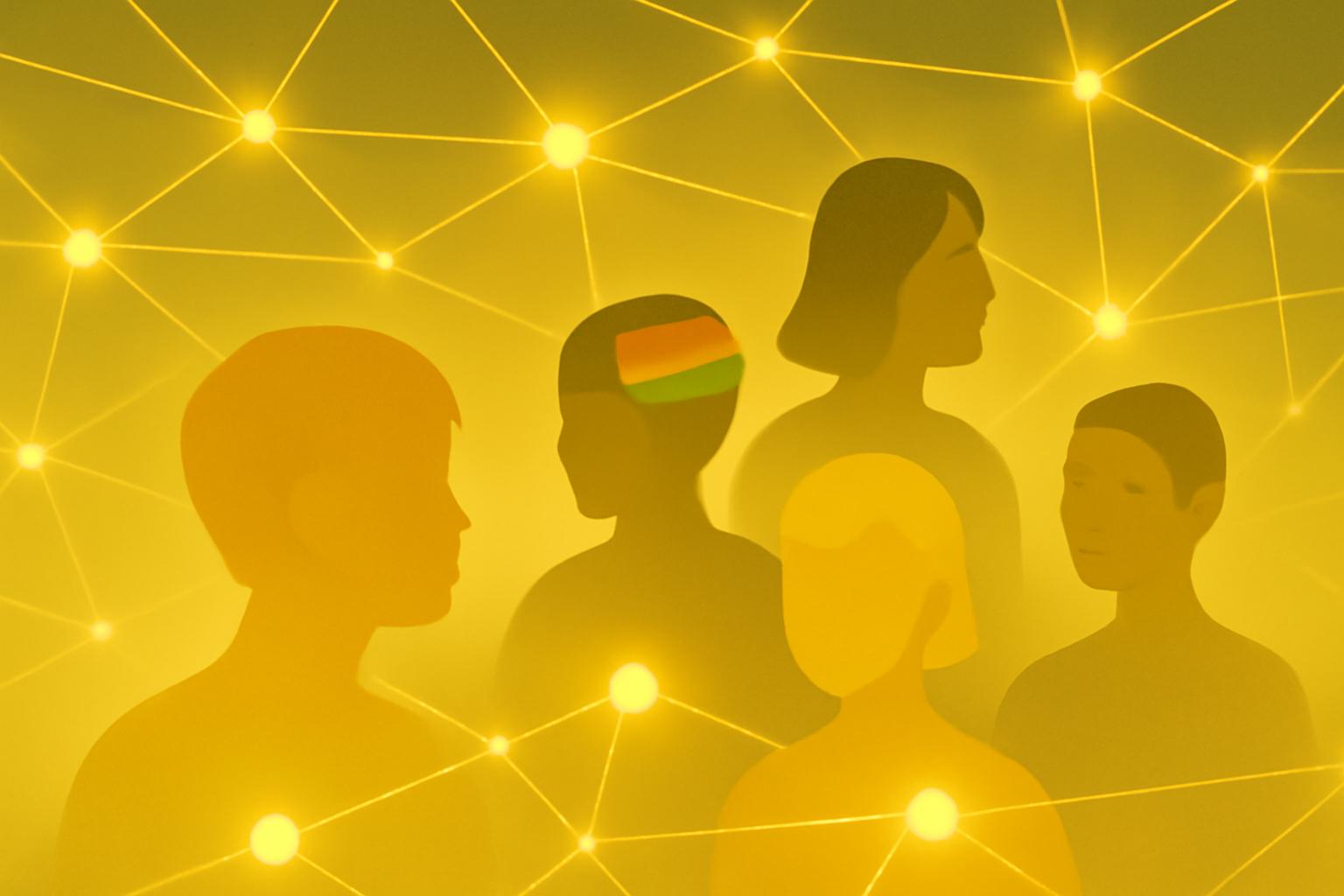LGBTQ+ Youth Mental Health Linked to Safe Online Communities
Recent research underscores the vital importance of safe online spaces for LGBTQ+ youth, who often face hostile or unaccepting environments in their daily lives. Two independent studies conducted by The Trevor Project and Hopelab in partnership with the Born This Way Foundation reveal that access to supportive digital communities correlates with significantly better mental health outcomes.
Key Findings from Two Major Studies
The Trevor Project found that the majority of LGBTQ+ young people use the internet to connect with others due to challenges in forming such connections offline. Specifically, 38% of respondents somewhat agreed and 36% strongly agreed that online platforms provide a vital space for community.
Similarly, Hopelab’s research highlights the perceived safety of online spaces: 44% of LGBTQ+ youth report feeling very safe online compared to only 9% in physical environments. This sense of digital safety is especially critical for transgender youth, who often face rejection and lack control over their immediate surroundings.
“Transgender young people often have little control over their physical surroundings or the level of acceptance in their local communities. However, online spaces can offer an alternative source of support — providing emotional connection, affirming content, and helpful information.” — Hopelab StudyThese online communities not only provide solace but also foster mutual support; 74% of transgender youth reported regularly encouraging others within these digital networks.
Legislative Environment Threatens Online Support Access
The critical role of digital safe spaces emerges amid a complex and often hostile legislative landscape. Over 600 bills affecting LGBTQ+ individuals are currently circulating in the U.S., with twelve states enacting laws that restrict discussions of gender identity and sexuality in schools. These policies risk isolating LGBTQ+ youth, already vulnerable to mental health challenges due to discrimination and harassment.
Of particular concern is the Kids Online Safety Act (KOSA), reintroduced in May 2025 after previous legislative setbacks. While designed to protect minors from online harm, LGBTQ+ advocates caution that provisions allowing state attorneys general discretion over harmful content could curtail access to affirming online spaces.
Revisions to KOSA now grant enforcement authority to the Federal Trade Commission (FTC), a change welcomed by advocacy groups under the Biden administration. However, the 2024 election of President Trump, whose administration replaced FTC leadership, has reignited fears over federal oversight potentially limiting LGBTQ+ online support networks.
“Using these reasons to justify limiting access to online platforms could have harmful consequences, possibly increasing isolation and reducing support for LGBTQ+ risk, thereby exacerbating mental health challenges and suicide risk.” — The Trevor ProjectConclusion: Balancing Safety and Access for Vulnerable Youth
As lawmakers debate the future of internet regulation, the evidence is clear that safe online spaces provide indispensable support for LGBTQ+ youth mental health. Restricting access risks deepening isolation and worsening mental health outcomes for a population that already experiences disproportionate challenges.
Efforts to protect minors online must carefully consider the unique needs of LGBTQ+ youth to ensure that digital communities remain a refuge rather than a barrier.
FinOracleAI — Market View
The growing reliance of LGBTQ+ youth on safe online spaces for mental health support highlights a critical intersection between technology, social policy, and healthcare. While online platforms can serve as vital community hubs, evolving regulations like the Kids Online Safety Act present both opportunities and risks.
- Opportunities: Enhanced digital tools and platforms could expand safe, affirming online environments tailored to vulnerable youth.
- Risks: Overly broad or politicized content regulation may inadvertently restrict access, increasing isolation and mental health risks.
- Policy Impact: Federal and state-level legislative developments will critically shape the future availability and safety of LGBTQ+ online communities.
- Social Implications: Maintaining open, supportive digital spaces is essential for suicide prevention and mental health equity among LGBTQ+ youth.
Impact: The intersection of mental health needs and legislative frameworks creates a nuanced landscape where protecting online safety must be balanced with preserving access to crucial support networks for LGBTQ+ youth.













